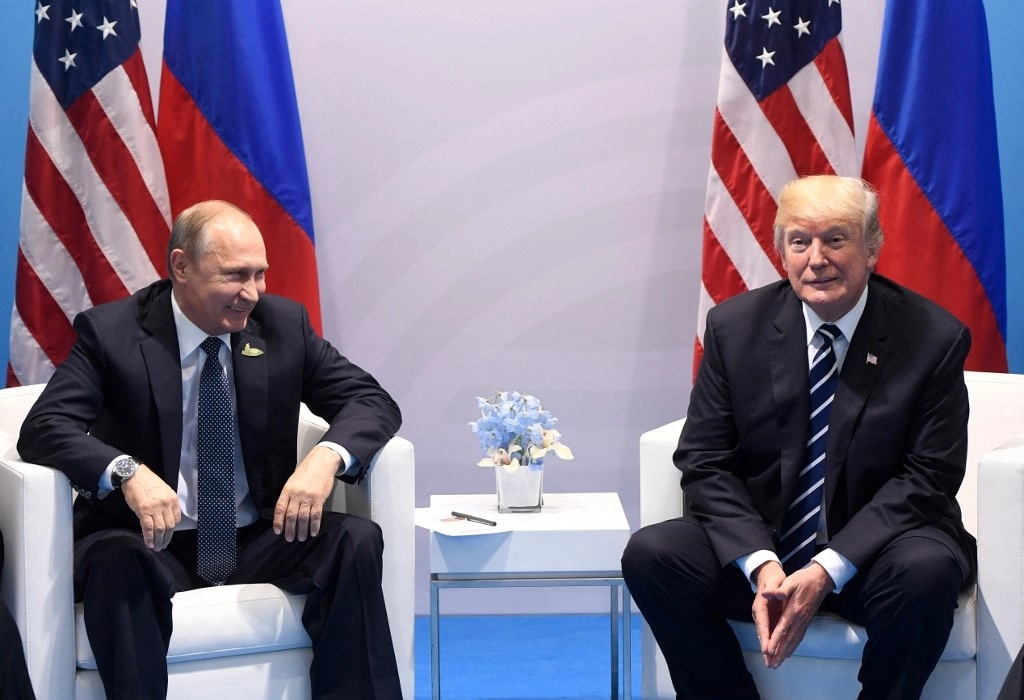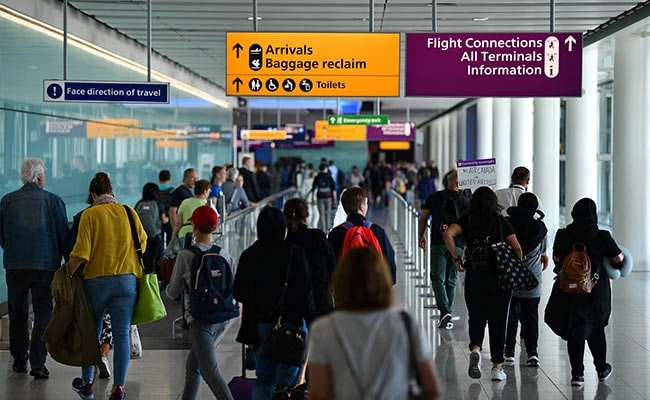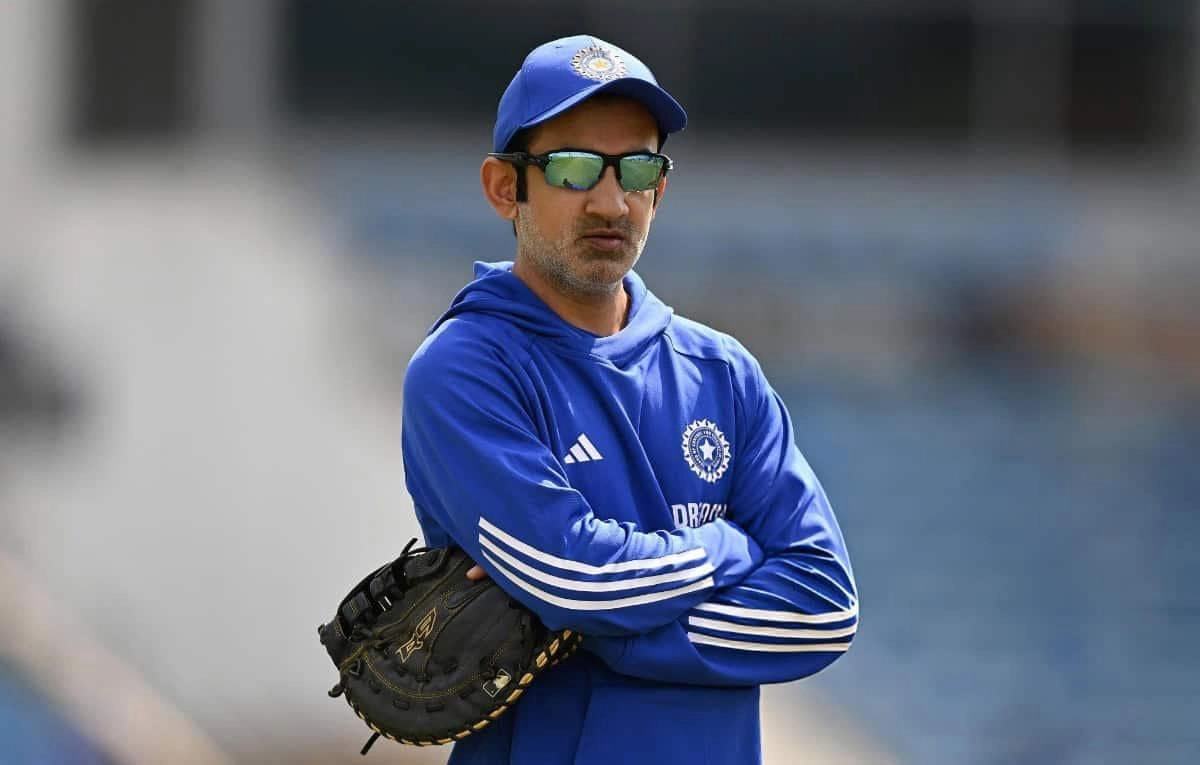Former President Donald Trump recently suggested that India’s tariffs on certain goods likely influenced Russian President Vladimir Putin’s decision to agree to a meeting with him. This statement reflects the complex interplay of international trade policies and geopolitical relationships, particularly between major nations like the United States, India, and Russia. Trump’s assertion highlights how economic factors can shape diplomatic interactions and negotiations on the global stage.
India, known for its strategic positioning in South Asia, has historically maintained a delicate balance in its foreign relations, particularly with Russia and the United States. The tariffs imposed by India on various imports can serve as a tool for economic leverage, impacting how countries engage with one another. In this context, Trump’s comments suggest that such tariffs may have been a contributing factor in persuading Putin to open lines of communication. This raises pertinent questions about how economic policies can affect political dynamics and the willingness of leaders to engage in dialogue.
The broader implications of Trump’s remarks also underscore the significance of trade relations in international diplomacy. As countries navigate their interests in an increasingly interconnected world, leaders must consider how tariffs and trade barriers can influence not only economic outcomes but also diplomatic relations. By linking India’s tariffs to Putin’s willingness to meet, Trump draws attention to the intricate connections between trade policies and global political strategies.
In summary, the interplay between tariffs and diplomatic relations is a critical aspect of contemporary international affairs. Trump’s comments shed light on how economic factors can influence the decisions of world leaders and shape the course of discussions on pressing global issues. As nations continue to grapple with trade policies and their implications, understanding these dynamics will be essential for fostering effective dialogue and cooperation on the world stage.




